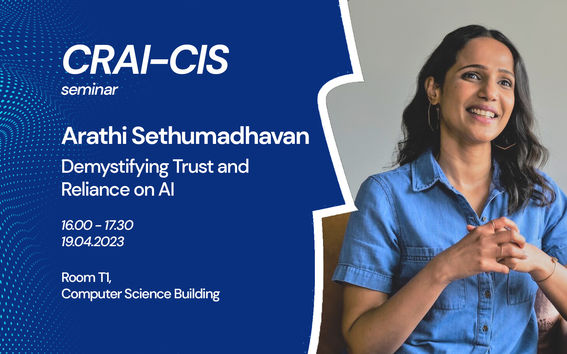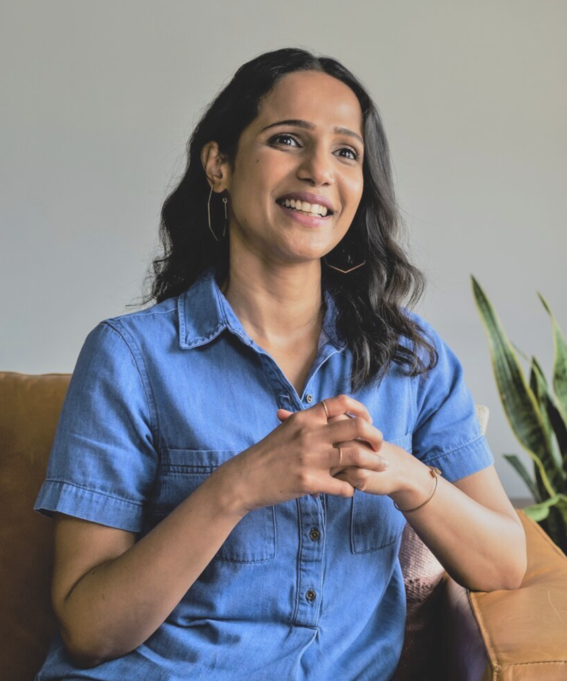Demystifying Trust and Reliance on AI

When
Where
Event language(s)
A recording of the talk can be found below:
Event is hybrid. Participants may attend in person (T1, Computer Science Building, Aalto University) or online on Zoom.
Speaker: Arathi Sethumadhavan
Former Director of User Research, AI, Ethics and Society at Microsoft
Talk Abstract:
Trust is an essential ingredient in the adoption and effective use of AI. On the one hand, we see how biased facial or speech recognition datasets, chatbots impersonating humans, AI-powered devices collecting and misusing personal data without consent, and disruption of various professions have sparked fear and distrust towards certain AI technologies. On the other hand, we also see scenarios where trust that users have on AI far exceeds system capabilities, causing degradation of human skills, homogeneous thinking, and even catastrophic outcomes. Through various case studies, I will offer practical strategies that help calibrate appropriate trust in AI, through an ecosystem view that includes multiple stakeholders. I will also highlight the importance of differentiating between trust and reliance, the dangers when system designers hype trust and automate higher stages of human information processing, and offer metrics that enable the creation of experiences that help users better manage probabilistic machines.

Speaker Bio:
Dr. Arathi Sethumadhavan is the former Director of User Research, AI, Ethics and Society at Microsoft. She is a seasoned research leader with over 18 years of experience studying human-technology interaction. She brings deep expertise in tackling issues of privacy and consent, fairness, inclusion, accountability, and transparency—as they relate to AI experiences. She has directed human factors research for several products from Generative AI and facial recognition tech to the world’s smallest pacemaker. She wears many hats: research leader, strategist, storyteller, author, mentor, editor, keynote speaker, and sometimes adjunct professor. She has been cited by the American Psychological Association, the Economist, the Portuguese Economic Times, and included in LightHouse3’s 2022 100 Brilliant Women in AI Ethics list, and was also the first Fellow from Microsoft to the World Economic Forum. She has a PhD in Experimental Psychology (specialization in Human Factors and Ergonomics) from Texas Tech University and an undergraduate degree in Computer Science.






